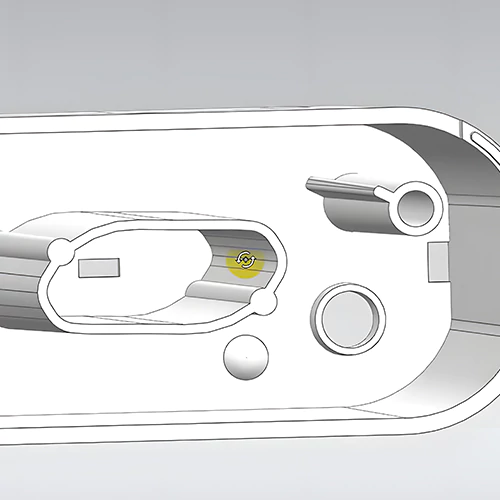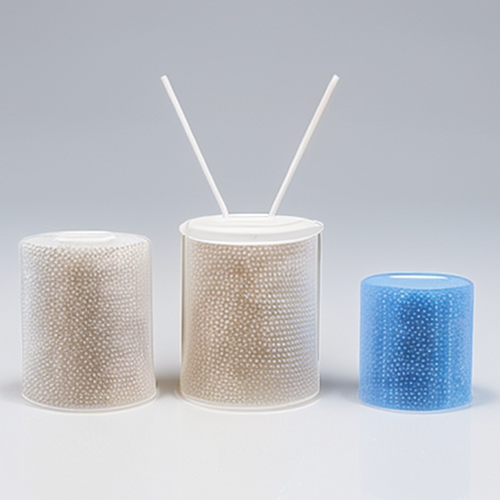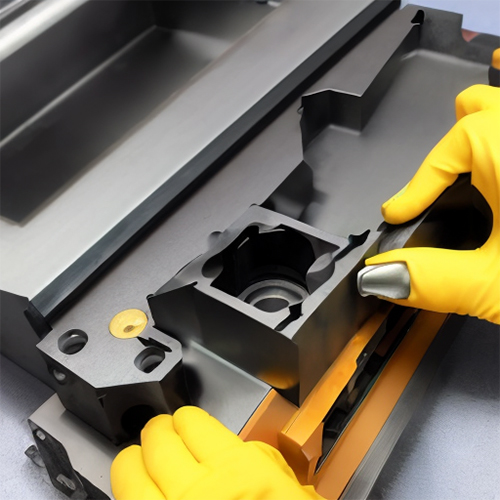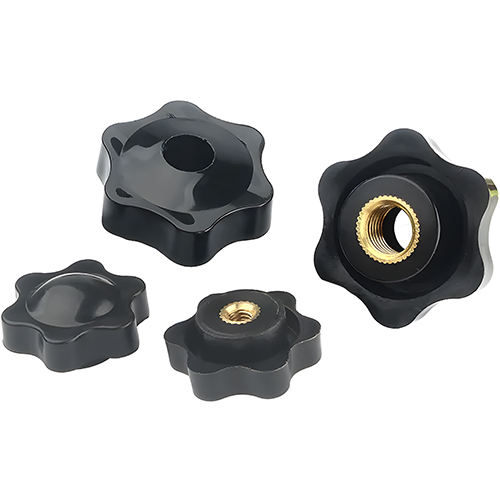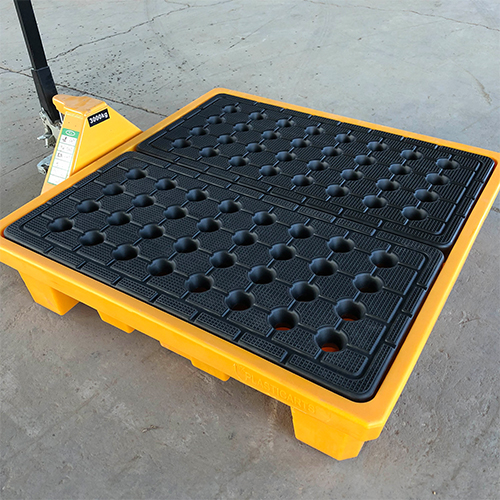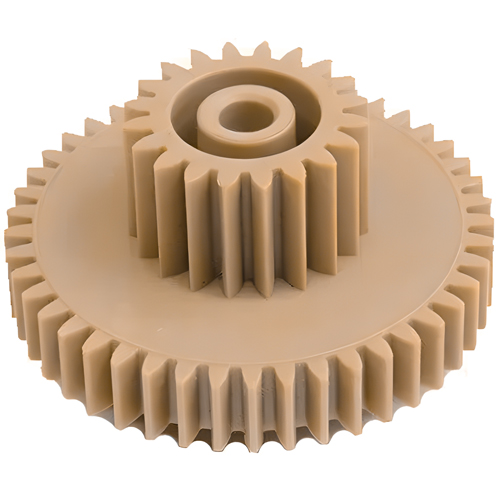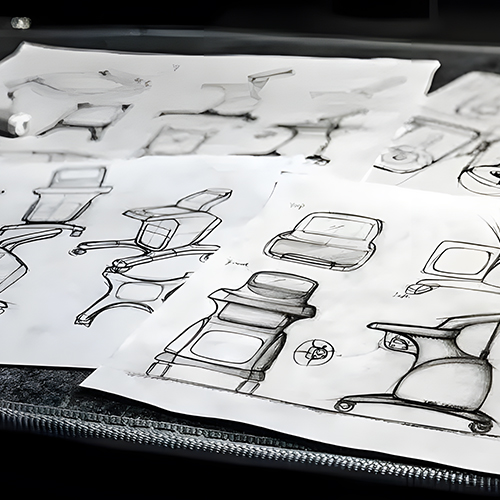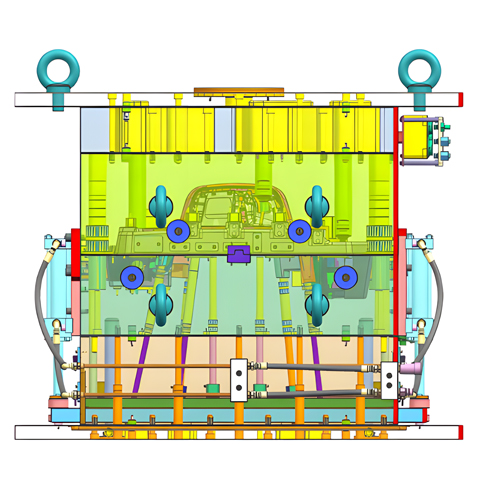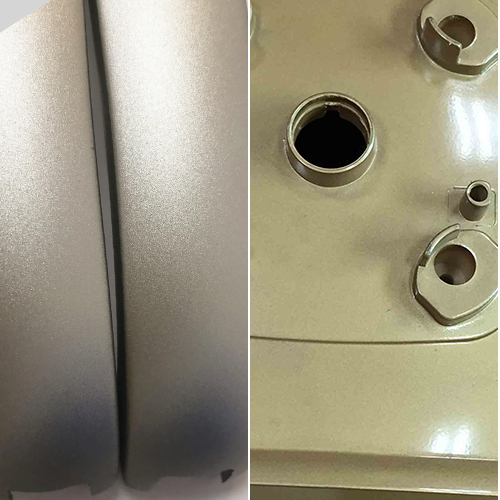CNC precision machining is a remarkable service that enables the production of bespoke CNC machined components to an extremely high degree of accuracy. Hence, high-precision CNC machining is highly impactful and efficient in production processes. Today, plenty of manufacturers and companies prioritize the presence of this machining process in any production, making it a modern-day essential in the manufacturing industry.
However, despite its growing demand, many individuals contemplating upgrading from manual machines don’t know what each phrase means or the advantages of employing a precision CNC machine product tailored to their specific requirements. But since precision manufacturing is often linked with high-end production, it is undoubtedly the need of the hour for upgrading manufacturers or companies to add more efficiency and quality to the final products they sell to potential industries and customers.
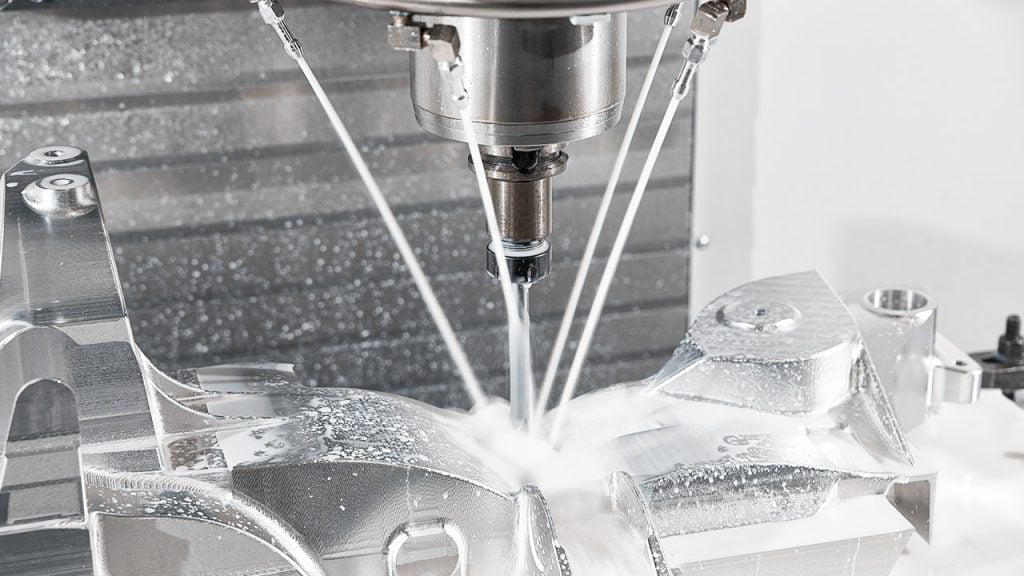
Therefore, when planning a CNC precision machining project, it is always advisable to look into the availability of an expert CNC precision machining company. But choosing the ideal CNC precision machining company may not be easy if you’re unfamiliar with how the process works or why it’s essential. Due to this reason, it’s crucial to have a detailed know-how of CNC precision manufacturing, its features, benefits, and what makes it a broadly adopted production process in today’s manufacturing industry.
We will cover all these topics to help you better understand and utilize the potential of CNC machining for the best results in this article.
What Exactly Does “CNC Precision Machining” Refer to?
Traditional machining refers to manually operated conventional machine tool operations, processing by handshaking the mechanical tool cutting metal and measuring the accuracy of the result by eye with calipers and other equipment. In contrast, CNC precision machining is referred to as machining. As per this process, the digital computer control of machine tools has been widely employed in modern industry for quite some time.
Now the precision CNC machine tools can be pre-programmed automatically on any product and components directly processed in line with the specifications of the technical staff. This process is referred to as CNC machining. Precision milling or machining is extensively utilized in all types of mechanical processing in any industry. It is also the development trend of mold processing and an essential and required technological means.
Precisely speaking, CNC or Computerized Numerical Control is the application of digital information to a machine tool’s movement and the machining process’s management. This approach achieves a more precise, automated, and accurate end result of a product that undergoes high-precision CNC machining.
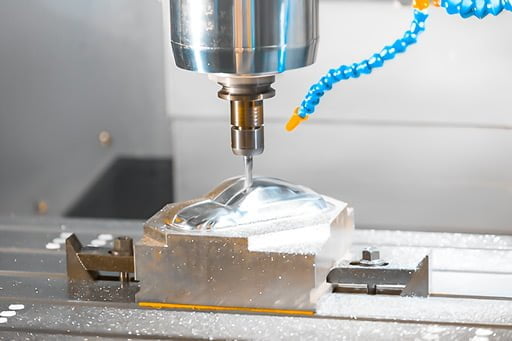
Features of CNC Precision Manufacturing Machines:
Once you’re familiar with the basics of what is involved in a precision milling or machining process, it’s time to explore the characteristics of this process and how the machine functions during this high-precision production process.
· Technique and Materials Used in the Process:
Precision engineering has been established via the use of CNC machining. The multi-disciplinary comprehensive, advanced technology that is precise and ultra-precision machining includes a wide range of subfields.
Not only the processing technique in and of itself but also the treated materials and the processing equipment need to be considered to achieve high accuracy and high surface quality in addition to the apparatus used in the process, the procedures for conducting tests, the working environment, the human skill level, etc.
· Relevance to Other Machining Processes:
Micro-machining and ultra-fine machining are closely connected to CNC precision machining, ultra-CNC precision machining, and both of its subsets, CNC precision manufacturing, and ultra-CNC precision machining. However, the link between ultra-CNC precision machining services and CNC precision machining is quite tight.
When it comes to precision machining, many methods use laser cutting, ionized gas layer processing, or other specialized procedures. This opens up new avenues for both sorts of processes, including high hardness/durability materials like exotic steel with limited resources.
· The Involvement of Automation Technology:
Both precision and ultra-precision machining have tight ties to the field of automation technology. Automation in production is a critical component of the most recent advances in manufacturing technology. Its role is not only to increase labor productivity, improve efficiency and improve the working environment and workers’ working conditions, but it is also to improve the processing accuracy and surface quality, avoid human errors caused by manual operations, and ensure that the processing is an essential measure of quality and stability.
At the same time, it is an effective method for swiftly responding to the market’s demand and reducing the length of the production cycle. Therefore, it is necessary to depend on automation technology to achieve high-precision CNC machining services and ultra-precision machining.
· The Effectiveness of Precision Machining:
The increase in product demand is directly correlated to the growth of precision machining and ultra-precision machining. Precision and ultra-precision machining processes demand a high processing quality, are technically challenging, entail a broad range of variables, and have many determining factors. Standardization and serialization of precision machine tools and ultra-precision machine tools are far lower than conventional machine tools. There are not nearly as many types of precision milling or machining tools as there should be. This is because there has been little marketing in the area of technology, limited adaptability, and a very high price.
As a result of the growth in market demand, the enhancement of product quality, and the ongoing maturation of precision processing technology, generalized and serialized sugar-dense processing, as well as high-precision CNC machining or processing, have become more feasible. As a result, the manufacturing process will make much greater use of the equipment.
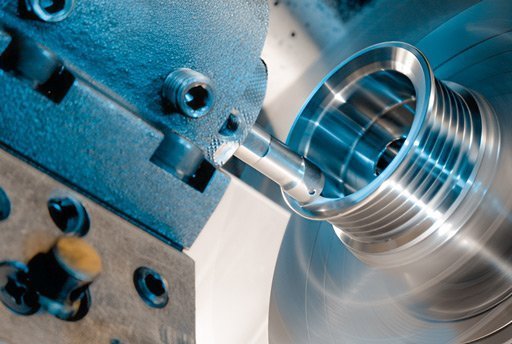
Benefits of CNC Precision Machining:
- High Dependability:
One of the significant benefits of precision CNC machining is its high level of dependability. With the machining quality consistent throughout the entire process, there is a large tolerance in the precision and high-precision CNC machining. As a result, not only the accuracy and efficiency of the machining process is guaranteed, but the repetition accuracy is quite good in this machining approach.
- High Effectiveness:
A high level of effectiveness is also achievable with precision CNC machining. This process can significantly reduce the time spent on production preparation, adjusting machine tools, cutting time, and process inspection; it helps complete the production process in less time while maintaining accuracy. As a result, a high and stable CNC precision manufacturing effectiveness is easily maintained.
- High Adaptability:
CNC precision manufacturing also offers a high degree of adaptability. It is because this process does not need intricate tooling to machine pieces with complex forms. Hence, even if the dimensions of the components are altered, the only software that has to be amended is the one that processes the parts. Additionally, precision CNC machines can process detailed profiles that are difficult to process using traditional approaches. They can even process certain processing portions that are not viewable in a more accurate, planned, and efficient manner.
Why is There an Increasing Need for CNC Precision Machining?
While the processing approach and benefits of CNC manufacturing are vast in itself, much more adds to the importance, value, and demand of high precision CNC machining process today. Some such substantial factors include:
- Increased Productivity: The widespread use of precision milling or machining has made it possible to dramatically increase the rate at which industrial operations may be completed. This results in a gain in efficiency and a reduction in expenses.
- Increased Quality: The production of goods can achieve higher levels of quality and precision when the accuracy of the process is improved. Because of this, the goods’ performance is enhanced, and their lifespans are increased with the help of CNC precision machining.
- Increased Flexibility: Products machined using CNC equipment may be adapted to meet the requirements of individual customers. It makes a more adaptable manufacturing process possible, making it more suited for specific applications.
- Increased Safety: Because of the increased precision, there is less of a chance that the items may have errors or flaws that might cause them to fail. This increases the overall safety of the items and safeguards the consumers against any possible harm or injury.
Conclusion
All in all, CNC precision machining is adaptable and able to produce high-quality components rapidly and effectively and has an affordable service investment price. So as long as you find a professional and reliable precision machining company, you can rest assured about achieving quality machining services.

